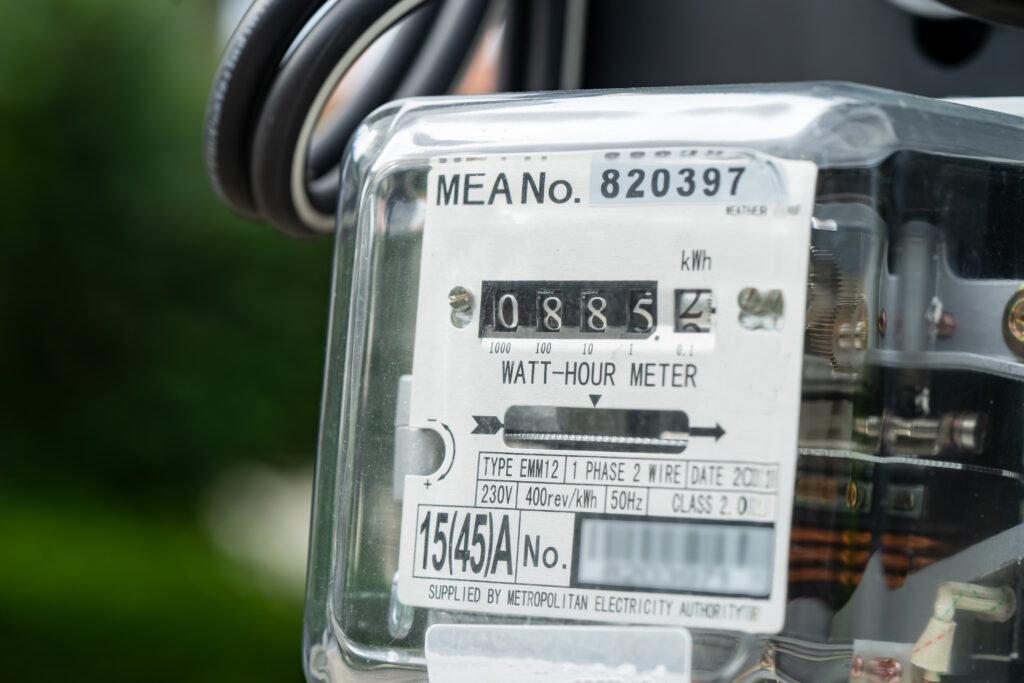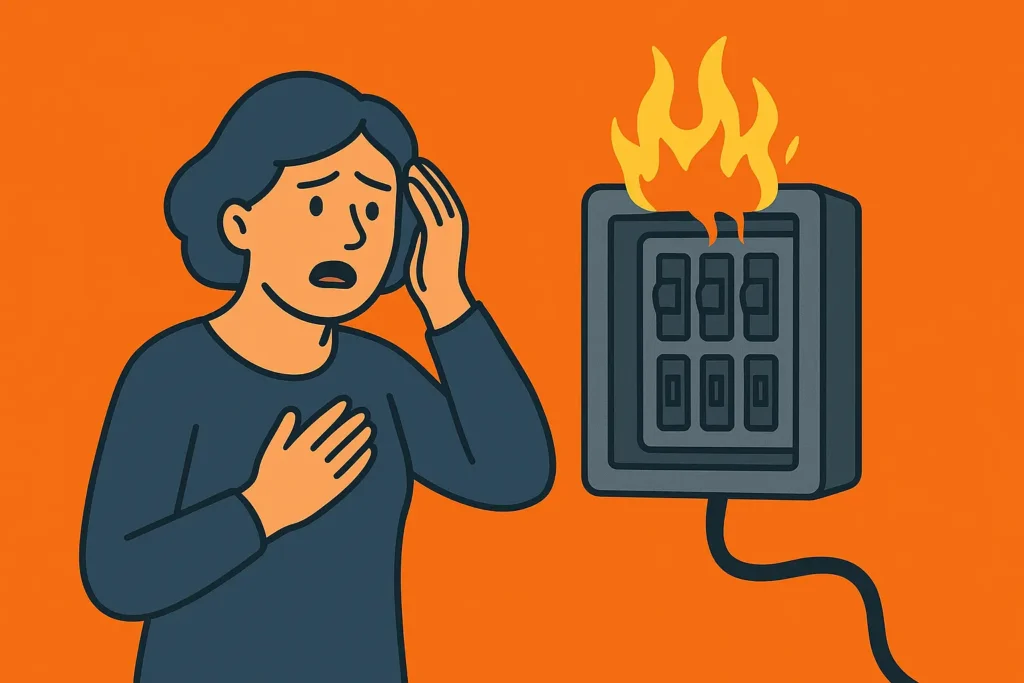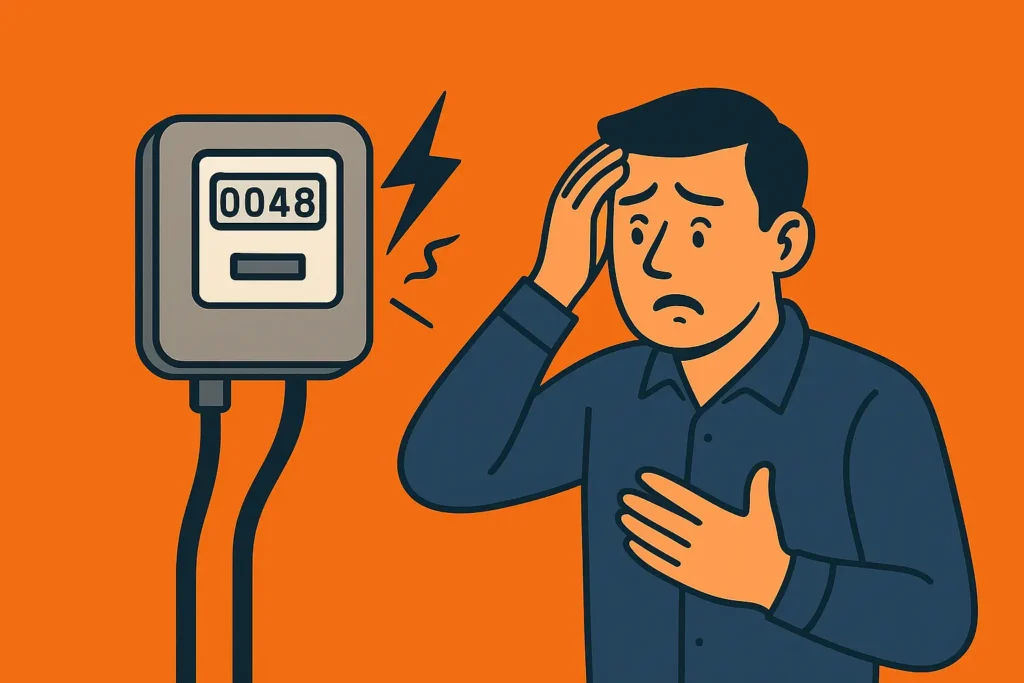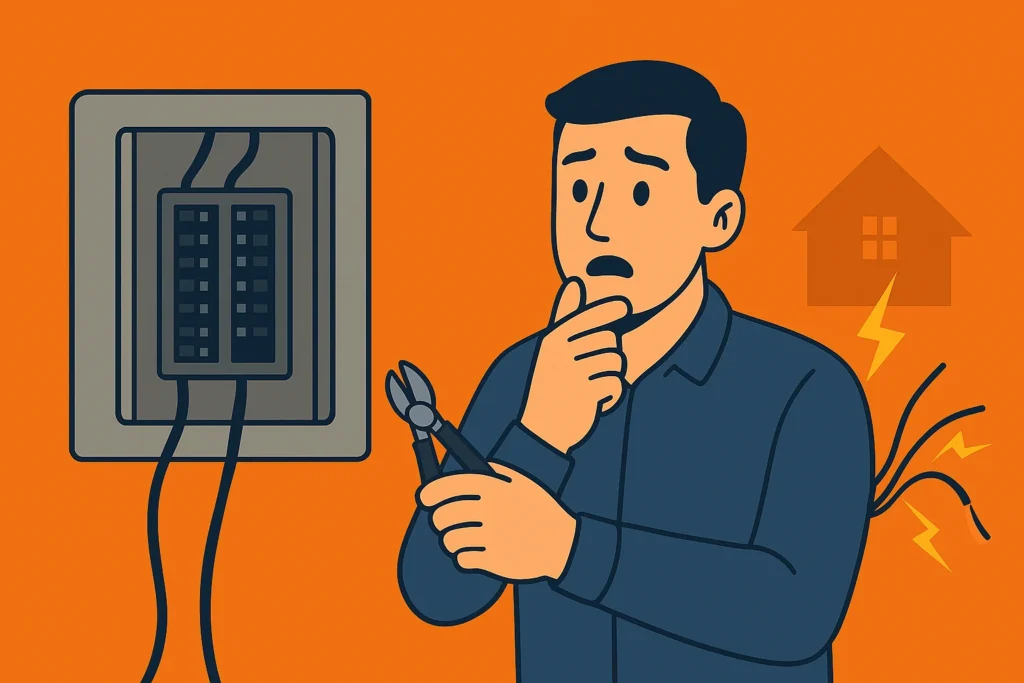Electricity is the backbone of our society, powering our electronics, keeping our properties lit, and even charging our vehicles. But keeping a track of our electrical consumption is important for billing purposes. This is where your electrical meter comes in. While you might think it’s a simple task that you can handle on your own, electrical meters are more complicated than a typical light bulb or breaker repair. From legal requirements to fire hazards to inaccurate readings and more, this blog explains all the reasons why attempting an electrical meter installation yourself is a terrible idea.
DIY Electrical Meter Installation: What Makes It A Bad Idea
You might think one day “I can change lightbulbs, repair outlets and fix a wire or two myself; how can an electrical meter installation be?” well, the truth is, while you migt be able to handle a lot of minor electrical work yourself, an electrical meter always requires a professional electrician due to a number of reasons.
Keep on reading to find out exactly why you should never attempt an electrical meter installation yourself.
Shocks & Electrocutions
The most important reason why you shouldn’t attempt to DIY your electrical meter installation, this point cannot be emphasized enough. Electricity is dangerous and should never be handled by amateurs or DIY enthusiasts. A typical outlet has around 110 volts, which is enough to give anyone a shock. However, some electrical appliances, such as dryers and ovens, reach up to 240 volts. If wires are left exposed or if necessary precautions aren’t taken, these levels can land you in the hospital or even be fatal, making this a dangerous venture that is best left to trained electricians.
Fire Hazards
Following along the same lines, a poorly handled electrical meter installation can often lead to electrical fire breakouts during the installation or replacement process, which can, again, prove fatal. You might think that you’re safe if the job goes well, but remember, only experienced and knowledgeable electrical contractors have the skills and expertise necessary to properly set up an electrical meter. A possible electrical fire later on can be disastrous.
Financial Loss
Next, experiencing electrocution or an electrical fire isn’t just detrimental to your health; it can also rack up hefty bills for medical attention. Keeping this in mind, undergoing an electrical meter installation yourself is not a good idea.
Invalid Insurance
A DIY electrical meter installation is also a bad idea, for when you need repairs in the future. Since the job won’t be up to code, in case you experience a fire breakout or short-circuit in the future, your homeowner’s insurance won’t cover it. This will again lead to serious expenses down the line.
Legal Consequences
Many areas stipulate that a licensed electrician is the only one who can attempt an electrical meter installation, replacement, and repair service. If a homeowner or businessman attempts to do it himself or hires someone who doesn’t have the proper certification, they can land in hot water with the local government. The finished project will not be up to code, as only licensed electricians know how to do that, and when your DIY project is exposed, you could face serious consequences.
Insufficient Training & Inaccurate Reading
Professional electricians undergo rigorous training to receive their certification to handle complicated electrical projects, such as working on electrical meters. If you or someone you know attempts to meddle with an electrical meter, it could lead to inaccurate readings, unfair bills, electrical malfunctions, as well as possible property damage.
Meeting Utility Provider Approvals
In most cases, your utility providers specify that they require a professional electrician to set up your electrical meter. This is to keep up with industry standards as well as to ensure safety and transparency. Failing to follow this instruction may lead to warranty violations and service discontinuation.
Trouble Selling
On the off-chance that you might not face any of these consequences, there is the matter of when you need to sell your house. Putting your house up on the market means you will need to meet home inspection requirements. If your electrical meter is poorly installed, there is a high probability that not only will your property’s value go down, but you will also face hefty fines when you are exposed. The smart idea? Leave the electrical meter installation to a professional.
Conclusion
To conclude, electrical meters are a crucial part of your electrical systems, aiding in billing and energy consumption controls. This is an intricate electrical component and should never be handled by an amateur due to injury risks, legal violations, and property damage. We hope this blog has convinced you thoroughly that an electrical meter installation is not a DIY project.
FAQs
What are smart meters?
Smart meters digitally record and transmit electricity consumption to utility companies.
How long does an electrical meter installation usually take?
Depending on the type of meter and whether it’s a new installation or a replacement, it can take anywhere from a few minutes to a few hours.
What is the cost of an electrical meter installation?
Depending on the size of the meter, local code, and the complexity of the project, the cost can range anywhere between $500 and $5000.
